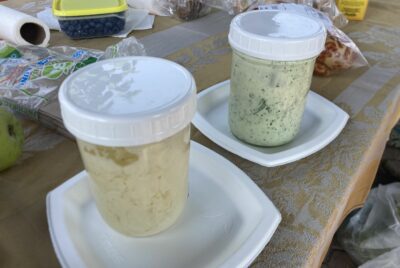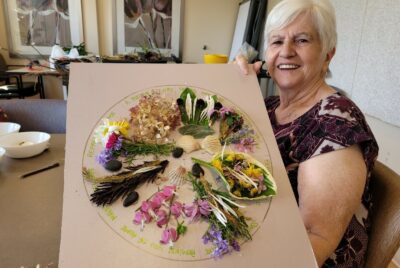RESEARCH
Development of Competency-based Horticulture Rehabilitation Assistant Curriculum for Disability University Students
Summary
This study focuses on creating a curriculum and educational standards for disabled university students to become horticulture rehabilitation assistants. The research uses a DACUM (Develop A Curriculum) method, involving experts from industry and academia to analyze necessary tasks, skills, and competencies. The curriculum aims to address the increasing college enrollment of developmentally disabled students, for whom specialized educational programs are lacking. It seeks to integrate horticulture and rehabilitation to provide vocational training, focusing on practical skills and attitudes necessary for employment and confronting challenges in society. The curriculum includes both pre-vocational basic education and task skill education, with the goal of improving the students’ overall competency and facilitating their rehabilitation.
The curriculum development involves several steps, including defining relevant terms, analyzing the characteristics of task performance of developmentally disabled individuals, and forming a focus group of experts in horticulture and rehabilitation. The tasks were selected based on their applicability to individuals with cognitive, physical, and mental challenges. The core competencies were divided into pre-vocational competencies (such as calculation, understanding sentences, and computer use) and vocational competencies (including physical, cognitive, and social abilities). The validity of these competencies was verified through a survey of field teachers, with results indicating a relatively high validity. The study emphasizes a learner-centered model with a focus on knowledge, skills, and attitude.







